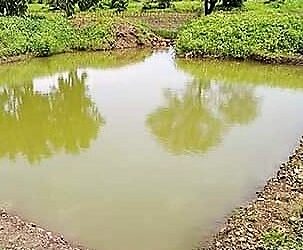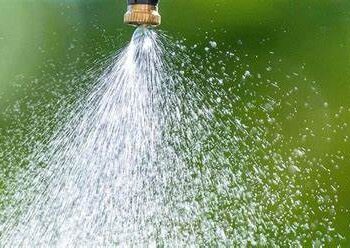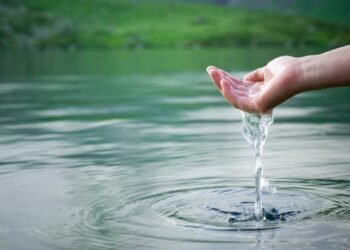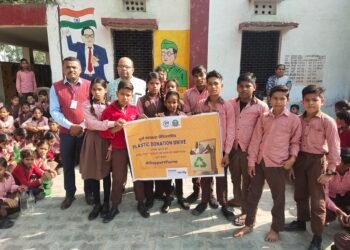MUMBAI (India CSR): Hindustan Unilever Foundation (HUF) is a not-for-profit company that anchors water management-related community development and sustainability initiatives of Hindustan Unilever Limited.
Hindustan Unilever Foundation (HUF) programmes work at the intersection of water and agriculture.
The programmes implemented in partnerships with credible NGOs impact rural communities across 8 states and 2 union territories that represent India’s varied groundwater and rainfall conditions. The impact assessment covered the variables resulting in the outcomes generated on key programme indicators.
CSR Policy of Hindustan Unilever
Hindustan Unilever CSR is not limited to philanthropy but encompasses holistic community development, institution-building and sustainability-related initiatives. Its CSR policy aims to provide a dedicated approach to community development in the areas of water conservation, health and hygiene, skill development, education, social advancement, gender equality, empowerment of women, ensuring environmental sustainability and rural development projects.
Hindustan Unilever Foundation (HUF) is a not-for-profit company that was set up in 2010 to support and amplify scalable solutions that can help address India’s water challenges – specifically for rural communities that intersect with agriculture.
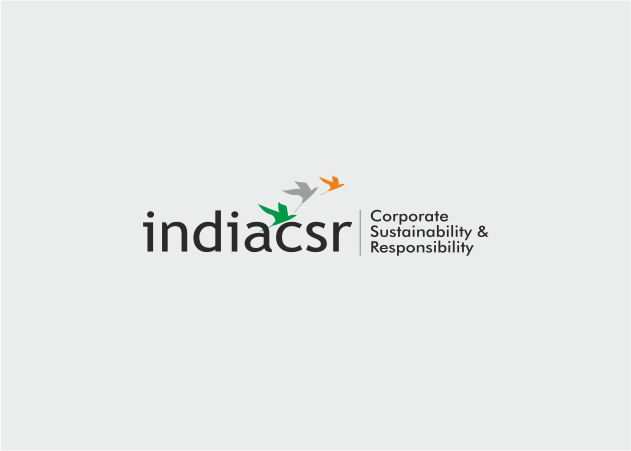
Water for Public Good
HUF established its ‘Water for Public Good’ programme anchored in the belief that water is for common good and must be governed by citizen communities. The aim was to catalyse effective solutions to India’s water challenges involving the Government, communities, experts, and mission-based organisations.
Across diverse river basins and hydrogeological zones, three core pillars define HUF’s work with rural communities:
Know more: Build water numeracy to help quantify availability, budget and allocate water use
Save more: Promote scientific citizen-led water conservation and governance efforts
Use less: Drive behaviour change for responsible water use in agriculture.
The foundation partners with non-profit organisations in water-stressed regions across the country to support rural communities with water conservation solutions and promotes the adoption of water-saving, regenerative agricultural practices amongst farmers.
Collective water potential
The project has delivered a cumulative and collective water potential of over 1.9 trillion litres through improved supply and demand water management, over 1.3 million tonnes of additional agricultural and biomass production, and over 60 million person-days of employment due to project interventions.
To underscore the importance of the water potential created by HUF; one billion litres of water can meet the drinking water needs of over 8 lakhs adults for an entire year.
In 2021-22, HUF ’s programmes reached over 10,000 villages in 8 States and 2 Union Territories.
Key highlights under HUF’s three strategic programme pillars in 2021-22 are:
Know More (Water Numeracy)
In Odisha, frontline workers who were part of the Odisha Livelihood Mission were equipped with digital watershed planning tools and online training content to help deliver appropriate water conservation structures in five districts.
Save More (Citizen-led scientific water conservation)
HUF supported a consortium of NGOs on a river rejuvenation programme under the National Rural Employment Guarantee Scheme (MGNREGS) in West Bengal.
Water conservation structures were established across 2,000 micro-watersheds covering nearly 7,000 villages.
Use Less (Behaviour change in water use)
Several HUF programmes engage a cadre of community-based rural professionals to transform water and input usage among farmers in major cropping systems like paddy in Punjab and sugarcane in eastern Uttar Pradesh. The foundation has also initiated a district transformation programme in the Marathwada region of Maharashtra to improve water security and the wellbeing of women farmers in the drought-prone region by promoting a regenerative farming model across the Osmanabad district.
As part of HUF’s Covid-19 response support, the foundation piloted an initiative to help over 23,000 vulnerable families unlock Government benefits in Balrampur, Uttar Pradesh. This pilot helps families apply for Government schemes and was implemented to facilitate economic and food security for farming households.
36,000 – water conservation structures created
The review of impact indicators for the period of 1st April 2020 to 31st March 2021 substantiated the following outcomes from HUF programmes through its Programme Implementation Agencies:
36,000 – water conservation structures created
26,000 hectares – the area covered under plantations
Over 10,000 villages – benefiting from programmes
4,00,000 – farmers benefitting from programmes
Water Stewardship Programme
The Company has initiated the deployment of the Water Stewardship Programme (as per AWS methodology) at Sonipat, India.
Additionally, across its manufacturing locations, it has implemented various water conservation initiatives such as rainwater harvesting projects, maximising direct rainwater use in processes and utilities, increase in steam condensate reuse, improving recovery efficiency and maximising the use of RO plants, optimisation in sanitation cycles, reduction of cooling tower drift losses and boiler blowdown optimisation.
The company operates the ‘Water for Public Good’ programme, with a specific focus on water conservation, building local community institutions to govern water resources and enhancing farm-based livelihoods through the adoption of judicious water practices.
Programme in 10,000 villages in 46 Districts
HUF’s programmes currently reach over 10,000 villages in 46 Districts in 8 States and 2 Union Territories across India in partnership with 15 NGO partners and multiple co-founders. The Company also supports several knowledge initiatives in water conservation, governance and behaviour change.
By the end of the financial year, 2020-21, the cumulative and collective achievements through partnered programmes of the Company (independently assured) include:
Water Conservation: Over 1.9 trillion litres of water potential created;
Crop Yield: Additional agriculture production of over 1.3 million tonnes has been generated;
Livelihoods: Over 60 million person-days of employment have been created through water conservation and increased agriculture production.
(CopyRight@India CSR)







